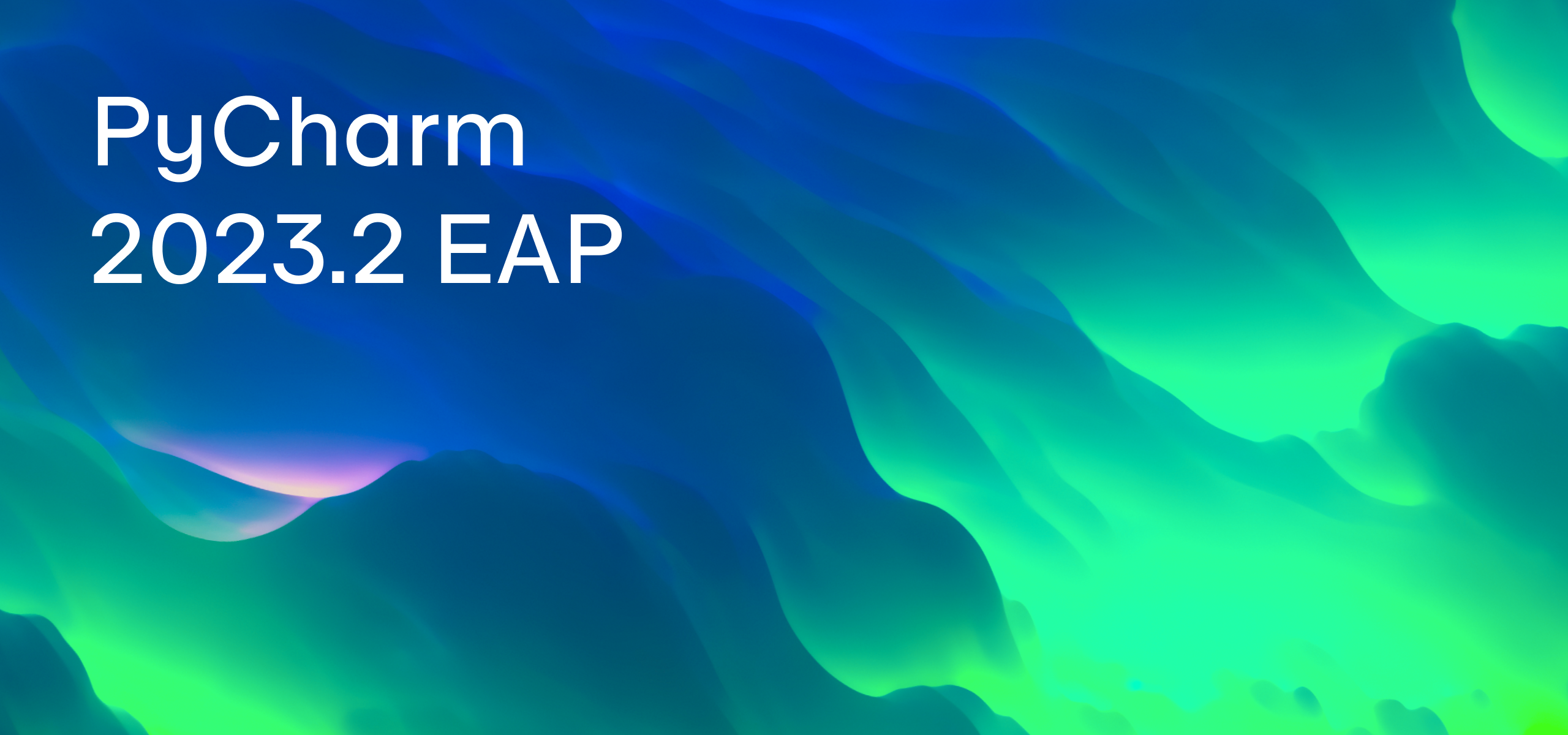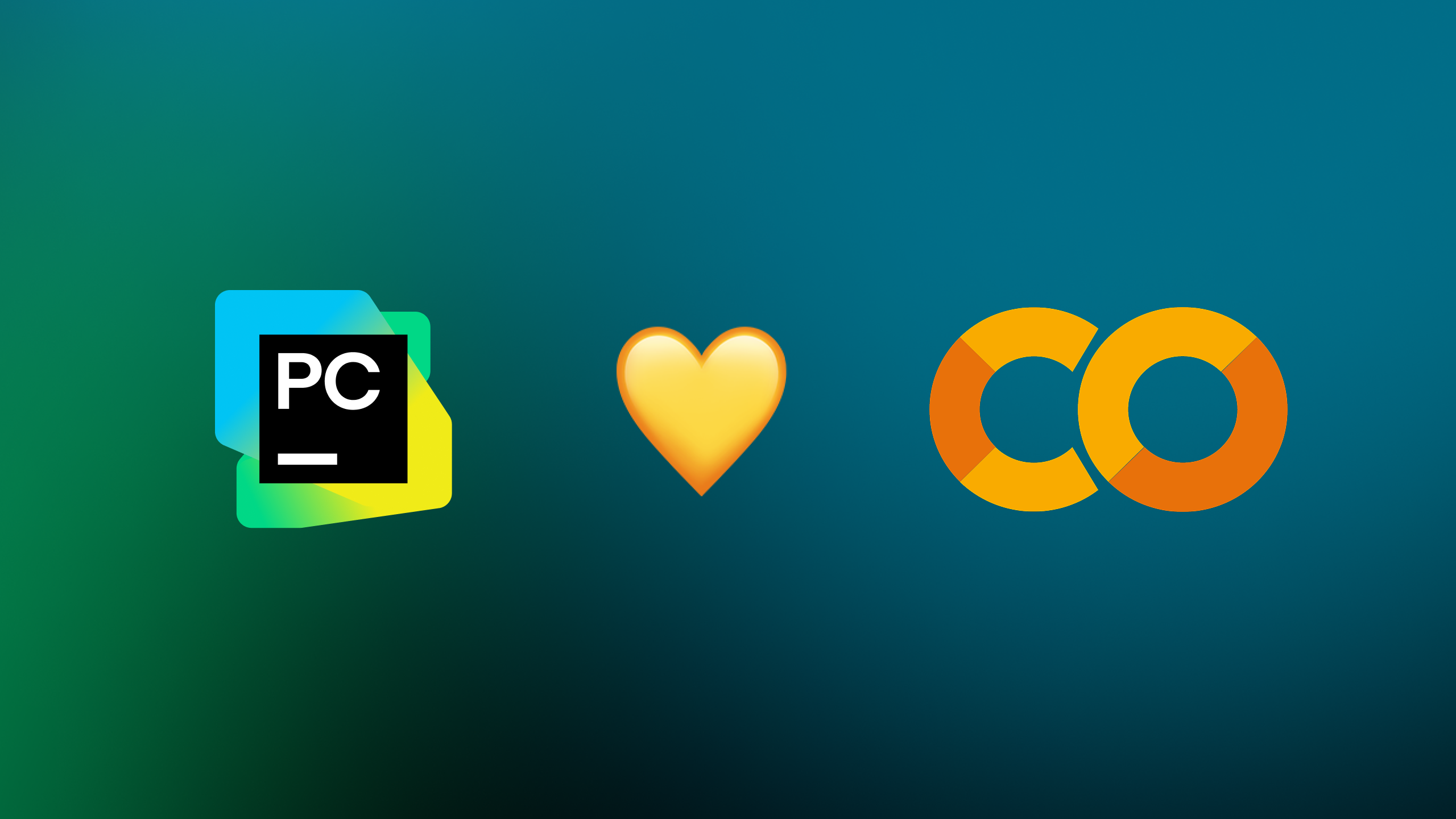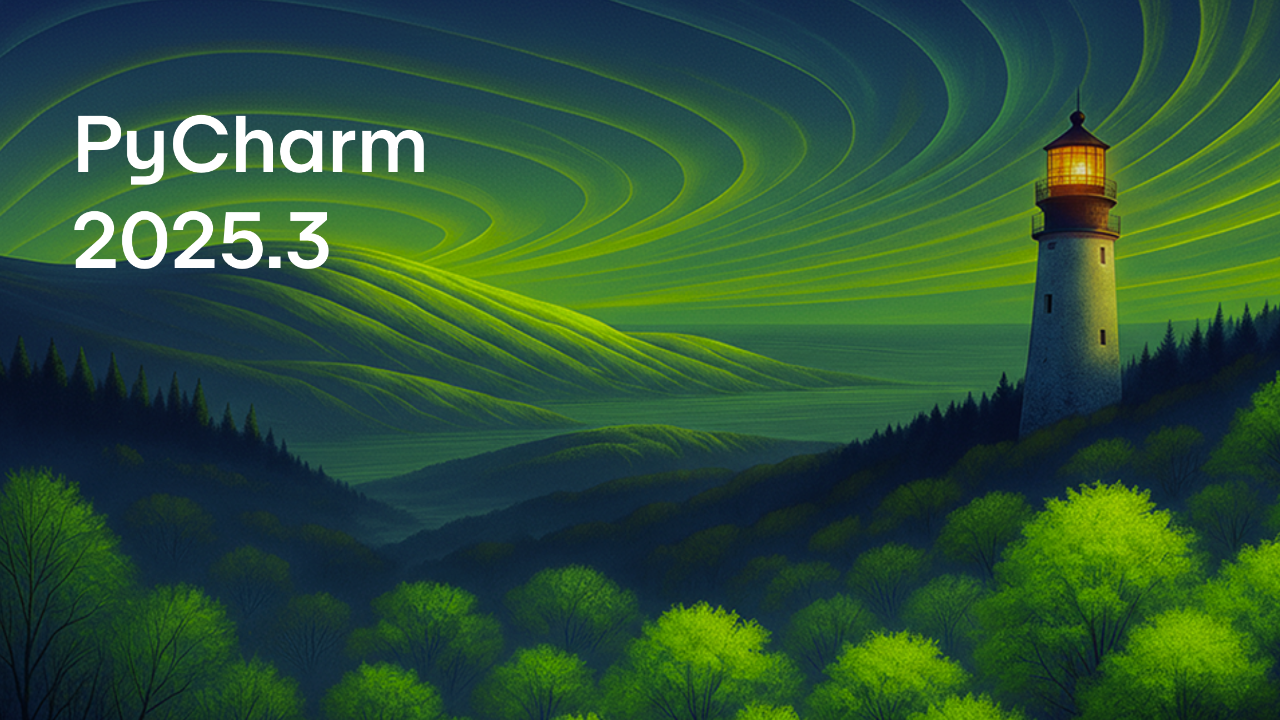PyCharm 2023.2 EAP 3 Is Out!
The third EAP build brings improvements for working with Docker compose and an update to the pytest support.
To catch up on all of the new features PyCharm 2023.2 will bring, check out our previous EAP blog posts.
The Toolbox App is the easiest way to get the EAP builds and keep both your stable and EAP versions up to date. You can also manually download the EAP builds from our website.

Important! PyCharm EAP builds are not fully tested and might be unstable.
Below you can find the most interesting improvements available in PyCharm 2023.2 EAP 3. Please try them out and share your feedback in the comments below or by using our issue tracker.
User experience
Light theme with light header in the new UI
For PyCharm 2023.2, we’ve refined the user experience with the Light theme by introducing the alternate Light with Light Header option, featuring matching light colors for window headers, tooltips, and notification balloons.

Single-click navigation between project directories
In the Project view, there’s a new Open Directories with Single Click option that makes expanding and collapsing the project folders quicker and more responsive. The option is available from the drop-down menu once you click on the three dots icon.

Improved main toolbar customization
We’ve expanded the customization options for the new UI’s main toolbar. You can now use a dropdown menu to quickly choose actions that you want to add to the toolbar. To do so, right-click on any widget, select Add to Main Toolbar, and explore the available options.

Setting to create a project name for the Docker Compose-based interpreter
In PyCharm 2023.2 when setting up a Docker Compose-based interpreter, you will now be able to choose a separate name for the compose cluster. Now, clusters and projects can be assigned their own unique name, preventing any issues associated with the default naming of the folder where the docker configuration file is located.
To choose a name use the new field “Project name” on the first step of the Setup Wizard. By default, this field is empty, but it shows the name of the project that is going to be used during the execution of docker-compose. You can set up a cluster name for the existing Docker Compose interpreter by following the same steps.

According to the Docker documentation, project names must contain only lowercase letters, decimal digits, dashes, and underscores, and must begin with a lowercase letter or decimal digit. PyCharm will return an error if the naming requirements aren’t met.
Refactoring and navigation for the fixture inside the usefixture decorator in pytest
PyCharm 2023.2 will recognize the fixture inside pytest’s usefixture marker. This means that you will be able to refactor the fixture, navigate directly to its declaration from the @pytest.mark.usefixtures decorator, and use code insight and quick documentation options for it.

Suggested plugins in Settings/Preferences
To make it easier to configure the IDE for your specific projects and extend its functionality with plugins, we have updated the UI for the Settings/Preferences | Plugins section. It now includes a set of suggested plugins that is automatically defined based on your project specifics and appears at the top of the list.
These are the most notable highlights of the PyCharm 2023.2 EAP 3 build. To see the full list of changes in this EAP build, please refer to the release notes.
Try out these new features and let us know what you think in the comments below or on Twitter. If you encounter any bugs, please report them via our issue tracker.
Subscribe to PyCharm Blog updates







